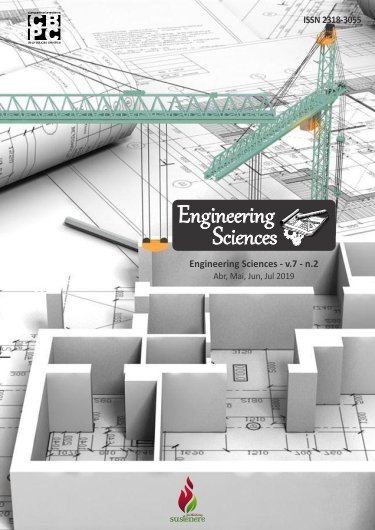PPCIP approval issue at the Porto Nacional Fire Department (TO)
DOI:
https://doi.org/10.6008/CBPC2318-3055.2019.002.0002Keywords:
Buildings, Legislation, Firemen, Fire fighting and panicAbstract
Fires can occur unpredictably and hit buildings, causing damage to it, and even the lives of its occupants. To prevent these fires and preserve the safety of people, there are rules that regulate safety measures and procedures that must be adopted in the construction of fire prevention and fire fighting buildings, where they are different for each Brazilian state and regulated by the Corps. Firemen. For the state of Tocantins, there are 30 current Technical Standards that determine the rules and safety measures, where through them it is possible to elaborate the Fire Prevention and Fighting and Panic Project - PPCIP, and these are regulated by the Law 1,787 / 2007 of the State of Tocantins. Due to the existing problems for PPCIP approval, this work conducted a survey of all analyzes of the Porto Nacional Fire Department (TO) from January 2017 to March 2019, and found that the vast majority of PPCIP processes have errors. that violate the Technical Standards, especially NT-01 and NT-08. In addition, a questionnaire was made with 66 students and professionals from Civil Engineering and Architecture, which identified their lack of knowledge regarding the Technical Standards for the preparation of PPCIP.
Downloads
Downloads
Published
Issue
Section
License
The CBPC - Companhia Brasileira de Produção Científica (Brazil CNPJ: 11.221.422/0001-03) the material rights of the published works. The rights relate to the publication of the work anywhere in the world, including rights to renewals, expansions and dissemination of the contribution, as well as other subsidiary rights. All electronically published works may subsequently be published in printed collections under the coordination of this company and / or its partners. The authors preserve the copyright, but are not allowed to publish the contribution in another medium, printed or digital, in Portuguese or in translation.








